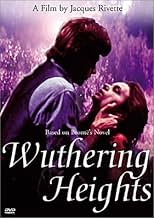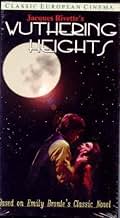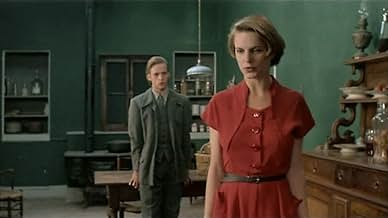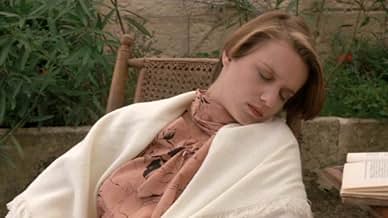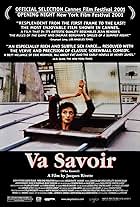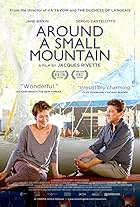The most interesting adaptation of Wuthering Heights I have seen. Rivette effectively blurs the boundary of psychological perception between what is real and what is imagined. This blurring is the point that is lost on the many people who question how this film can be part of Rivette's otherwise strikingly different oeuvre. This film is NOT the conventional adaptation of the novel it may seem to be at first glance.
Throughout the film we sense the "fate" of the characters who have been preordained by Brontë's text to their gloomy fates - and ... yet - throughout the film we have glimpses of ways they could have escaped: the beauty of nature all around them, carefully observed in the cinematography, is one of these hints that "fate" could be simply a construct and that a different way of relating to what is "given" could open at any moment if the right conditions are met. Other potential 'escapes' from their literary fates are suggested in dream sequences as well as in the glances characters give each other and their environment. In the sense of providing the anticipation and hint of that OPENING away from fate, the film is like "Celine and Julie Go Boating," but in its own subtler way. A masterpiece.


